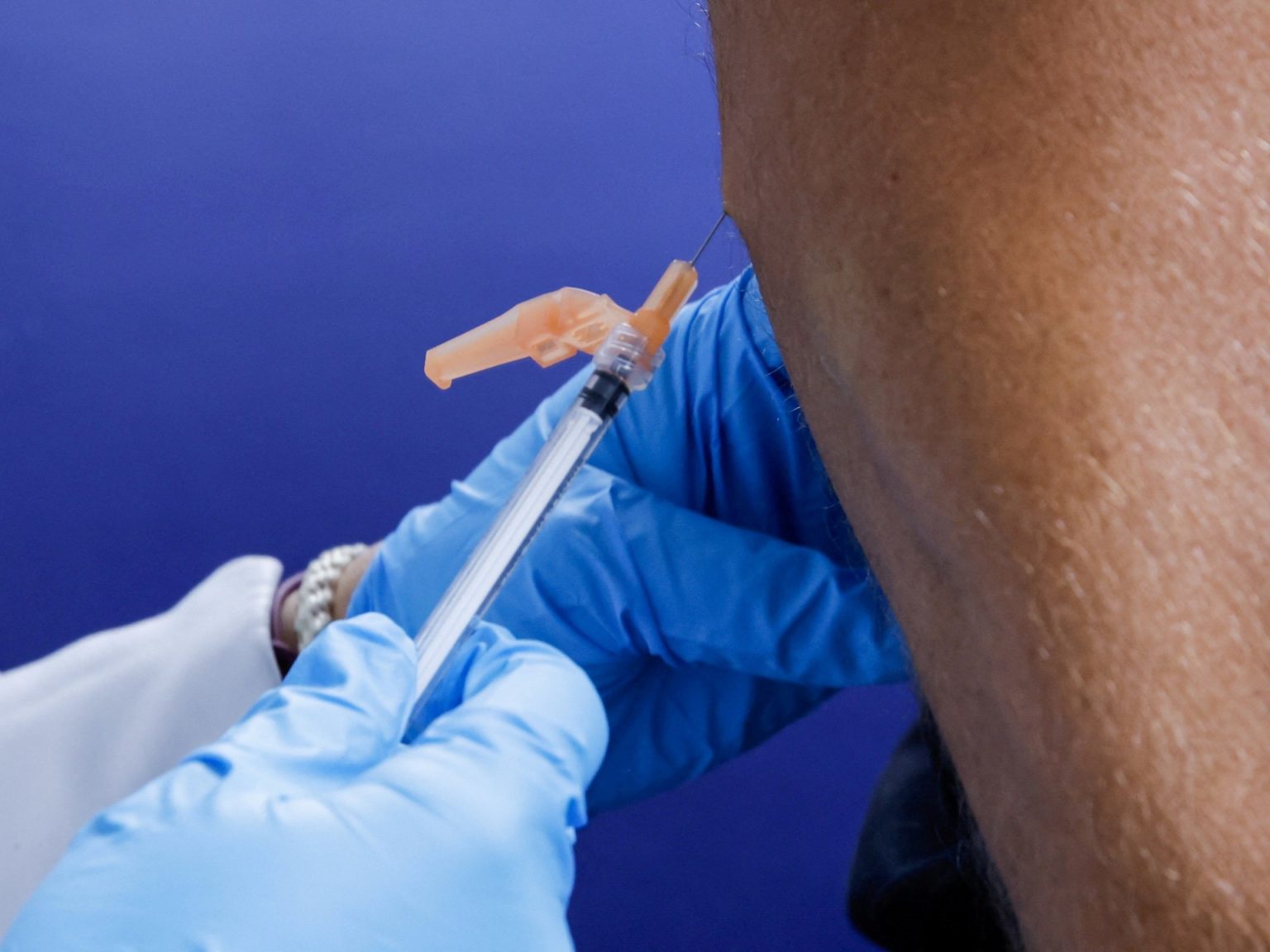It has been a year since the outbreak of a more deadly variant of the mpox virus in central Africa. Over 20,000 cases and 500 deaths, mainly children, have been officially reported, with the actual numbers likely higher. The epicentre has been the eastern Democratic Republic of the Congo (DRC). The World Health Organization declared the outbreak a public health emergency of international concern in mid-August, highlighting the negligence in addressing diseases in Central Africa.
Western governments hoarded vaccines after a less deadly variant of mpox spread to Europe and the United States two years ago. Stockpiles were kept to themselves, leaving African countries without access to vaccines. Africa only recently received its first vaccines, with donations coming in late to contain the spread of mpox. Blame is shared among various players, but the glaring issue remains the unequal treatment of lives in the global health crisis and the prioritization of profits over people by vaccine manufacturers.
Two companies produce the main mpox vaccines, with prices making them inaccessible to many African countries. Advocacy groups are calling for technology sharing with low and middle-income countries to increase supply and reduce prices. Rich countries have made only minimal donations, with Spain being an exception. Calls for sharing research and technology by vaccine manufacturers have been intensified, emphasizing the urgent need to address the unequal access to vaccines during the current crisis.
Despite the challenges in regulating and administering vaccines, there is a push to ensure that technology sharing and price reduction take precedence over profits. Some in the pharmaceutical industry and rich countries have opposed a new post-COVID framework that would prioritize saving lives over corporate profits. The failure to prevent Africa’s latest health emergency is rooted in the global economic system’s devaluation of human life in favor of profits.
The Democratic Republic of the Congo is resource-rich but remains impoverished due to centuries of exploitation through colonization, slavery, and extraction of natural resources. The lives of its people are deemed disposable to the extraction machine, perpetuating a cycle of poverty and instability in the region. The current spread of mpox in resource-rich eastern DRC is exacerbated by militias and destabilization efforts, with little intervention from Western countries to address the root causes of the crisis.
Addressing the unjust global relations and redressing the exploitation of resources in the DRC is crucial to ensuring the valuing of lives in Central Africa. Prioritizing vaccinations over profits, enabling local vaccine production, and ending the destabilization of the DRC are essential steps towards building sovereignty over healthcare and preventing future emergencies. The current health crisis serves as an opportunity to recognize the interconnectedness of global health and the urgent need for solidarity and action to address systemic injustices.













